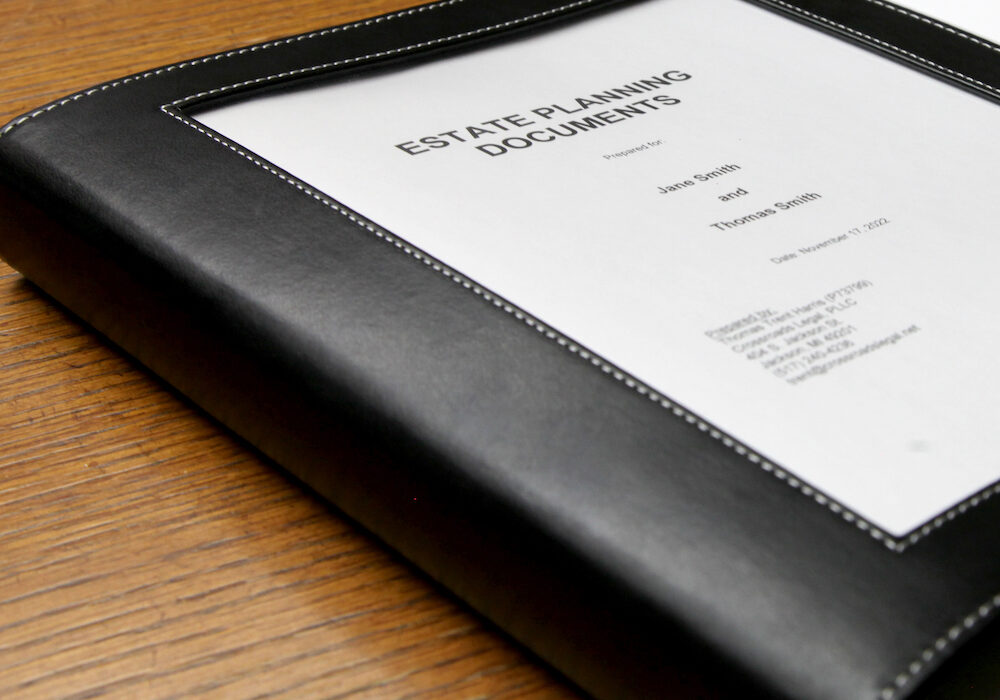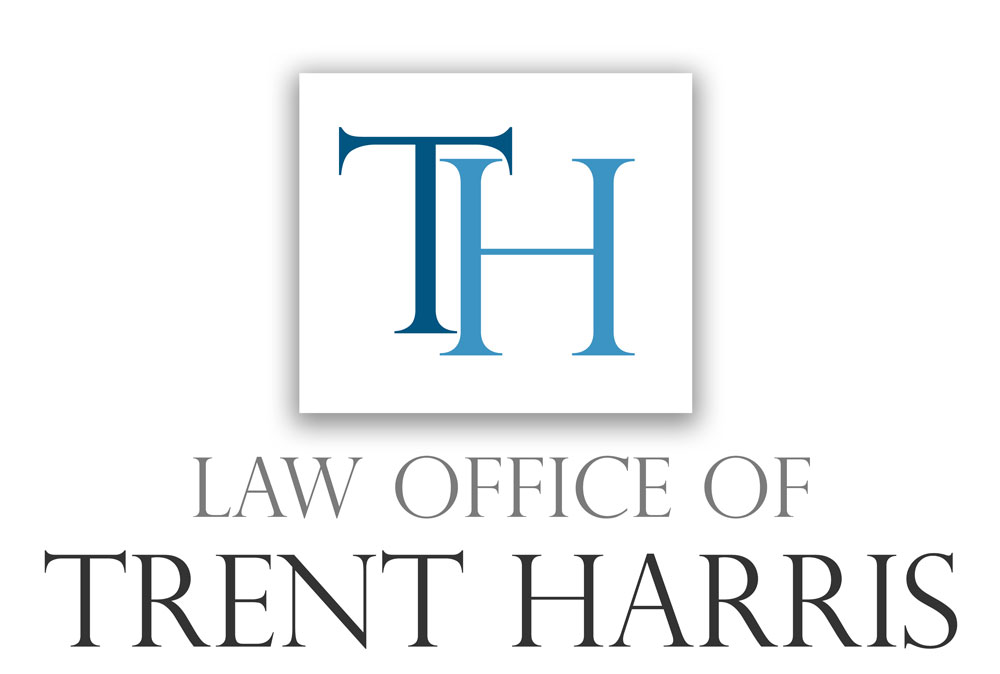If you're looking for an estate plan lawyer in Jackson, MI you've come to the right place. Read on to learn what an estate plan is and why you need one.
What Is an Estate Plan?

Estate planning is a process to decide what should happen to you and your things in case of death or incapacity. Using this, legal documents can be put in place to make sure the decisions you make now will be carried out later.
Think of it this way: an estate plan is "people and decisions insurance" that you put in place upfront, so when something happens later (death or incapacity), the people you've already chosen can jump into action to make the decisions you've told them in advance how to make.
Typical documents in an estate plan a Jackson estate planning lawyer might suggest are wills, trusts, power of attorneys, and health care power of attorneys. These documents work together to make sure your wishes are carried out, in case you are unable to act for yourself during your lifetime, or after you pass away.
Why Do I Need an Estate Plan?

If you don't have an estate plan, the people you are close to may not be prepared or able to help you if you become incapacitated or pass away. Sudden incapacity or death is hard on loved ones and can result in uncertainty, conflict, stress, and expense while people figure out what needs to be done and how to help.
On the other hand, if you have an estate plan, you can provide clear directions in advance so the people around you know who should do what and what is supposed to happen. For example, an estate plan can provide answers to the following questions.
Who should make health care decisions for me and make sure I get the medical care I want if I'm unable to do that for myself? (patient advocate designation)
Who should make financial decisions for me and make sure my property, debts, and investments are taken care of the way I want if I'm unable to do that for myself? (durable financial power of attorney)
Who should be the person(s) to make sure my kids are taken care of the way I want if I can't do it myself? (guardianship designation)
Who should get my things if I pass away, and who is a person I trust to make sure these kinds of wishes are carried out after I die? (wills, trusts)
Do I need to do any Medicaid planning before I get older, so I can preserve my assets for my spouse or family members? (enhanced life estate deeds, trusts, etc.)
Do I want to give my relatives, doctors, and the courts instructions about what kind of end-of-life treatment I do and don't want? (patient advocate designation)
Do I want to leave money to a church, school, or other charity when I pass away? (wills, trusts, gifts made during life)
Do I need to set up a trust to avoid probate after I pass away, or are there other options I can use to avoid probate instead? (trusts, transfer-on-death accounts, beneficiary designations, enhanced life estate deeds)
Do I want to make gifts to relatives or do other taxable estate-reduction planning before I die, so my relatives won't have to pay estate tax? (trusts, gifts during life)
Can I set up a special needs trust to help provide a better quality of life for a relative or friend on government assistance, without disqualifying them from their government benefits? (trusts)
These are some of the questions that we can determine answers to while assembling your estate plan, saving the people closest to you from unnecessary uncertainty, conflict, stress, and expense. Reach out today to get started.
Parts of an Estate Plan

Patient Advocate Designation (also known as a healthcare power of attorney). This empowers a person of your choice to make medical decisions for you if you become incapacitated and gives that person instructions about the medical care you do and don't want.
Durable Financial Power of Attorney. This empowers a person of your choice to make financial decisions for you if you become incapacitated and gives that person instructions about how they should handle your property and affairs for you.
Nomination of Guardian for Minor Children. This tells the court who you want to have care and legal custody of your children, in the event you are no longer able to take care of them.
Last Will and Testament. Wills give instructions on how you would like your property to be distributed after you pass away, and who will be responsible for carrying out your wishes after you die. Wills usually also contain your nomination of a guardian to take care of your minor children, in the event that you can no longer take care of them.
Living Will. Similar to a Patient Advocate Designation, this is a document that tells third parties what kind of medical treatment you do and don't want (not formally legally recognized in Michigan, but may be recognized in other states).
Revocable Living Trust. This is a document that creates a fictional entity (the "Trust") to hold property, so the property can be owned by the trust and not by you personally. While you are living, you can be the trustee of the trust and maintain full control over the property. After you pass away, the trust becomes irrevocable. These types of trusts can be used to avoid probate.
Regardless of the pieces used, a good estate plan brings together a number of documents that work together to try to ensure your wishes are followed during incapacity or death. I can help you decide which documents you need and choose a plan that is right for your budget.
Estate Planning FAQ

Below are answers to questions I often hear about estate planning. If your question isn't answered, feel free to get in touch.
Let's Talk.
I like to start all of my client relationships with a short chat on the phone to get acquainted and so I can learn about your legal needs. To set up a time to talk, fill out this form or simply give me a call at 517.240.4236
I look forward to hearing from you.
Trent Harris
